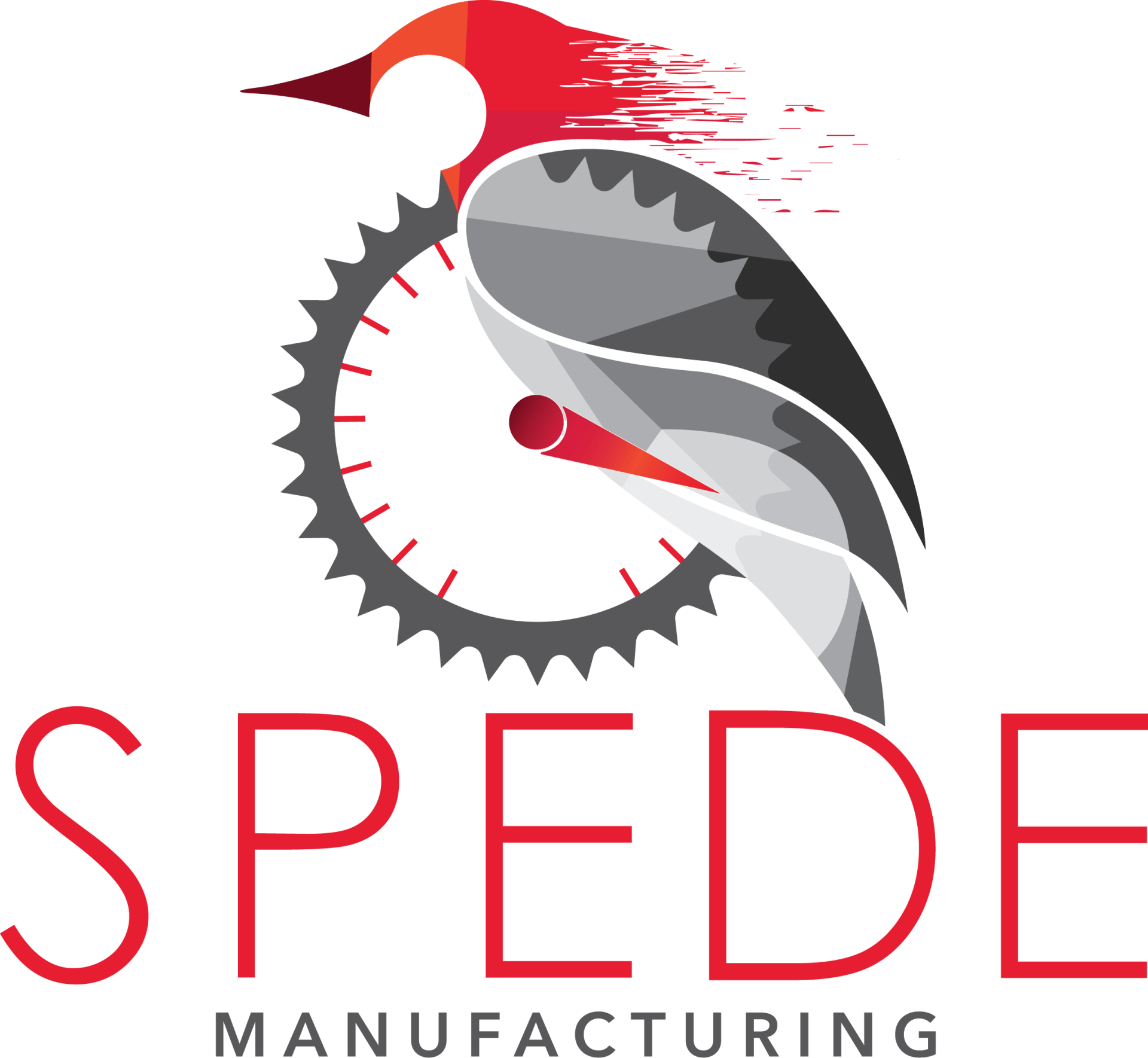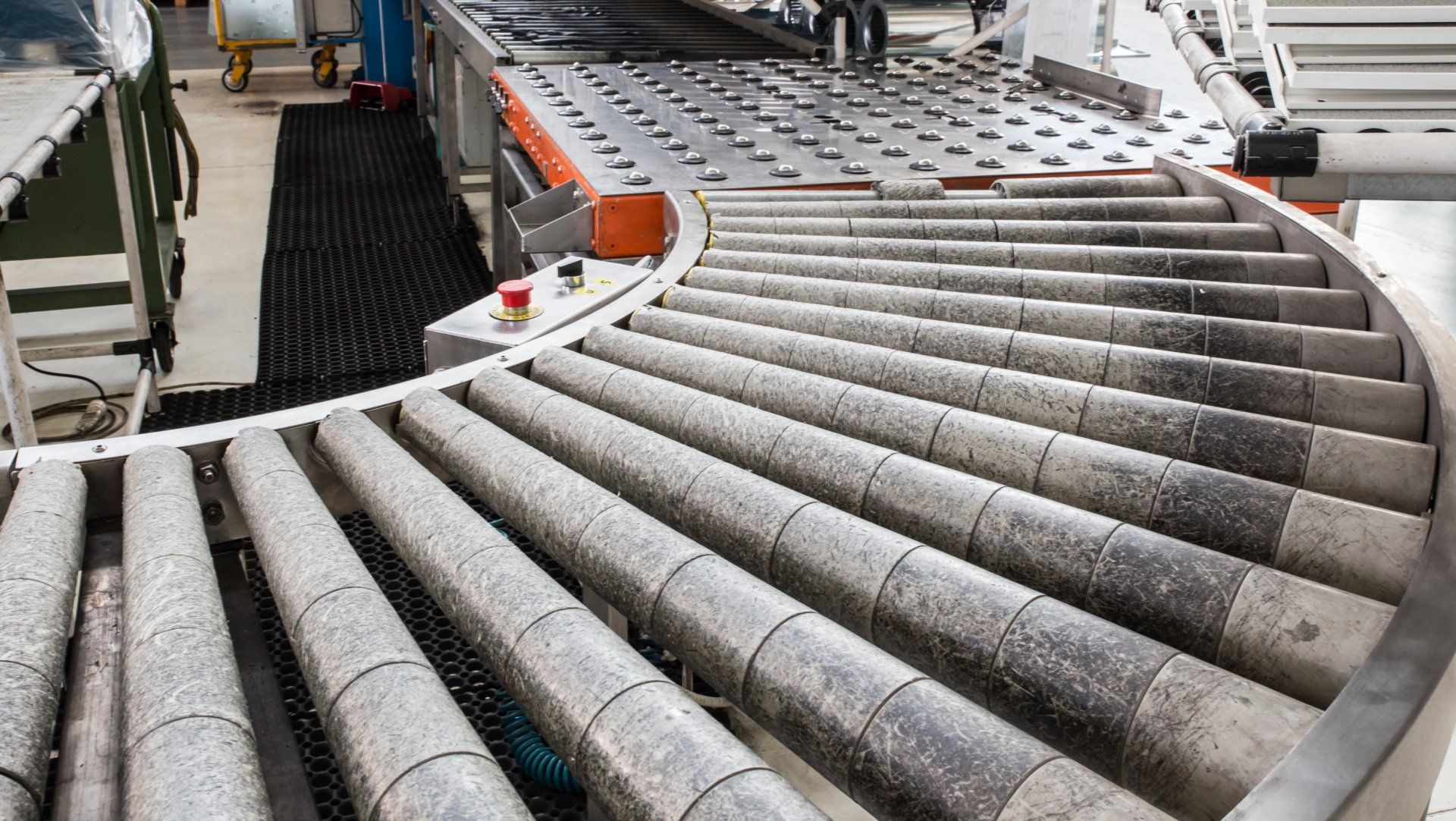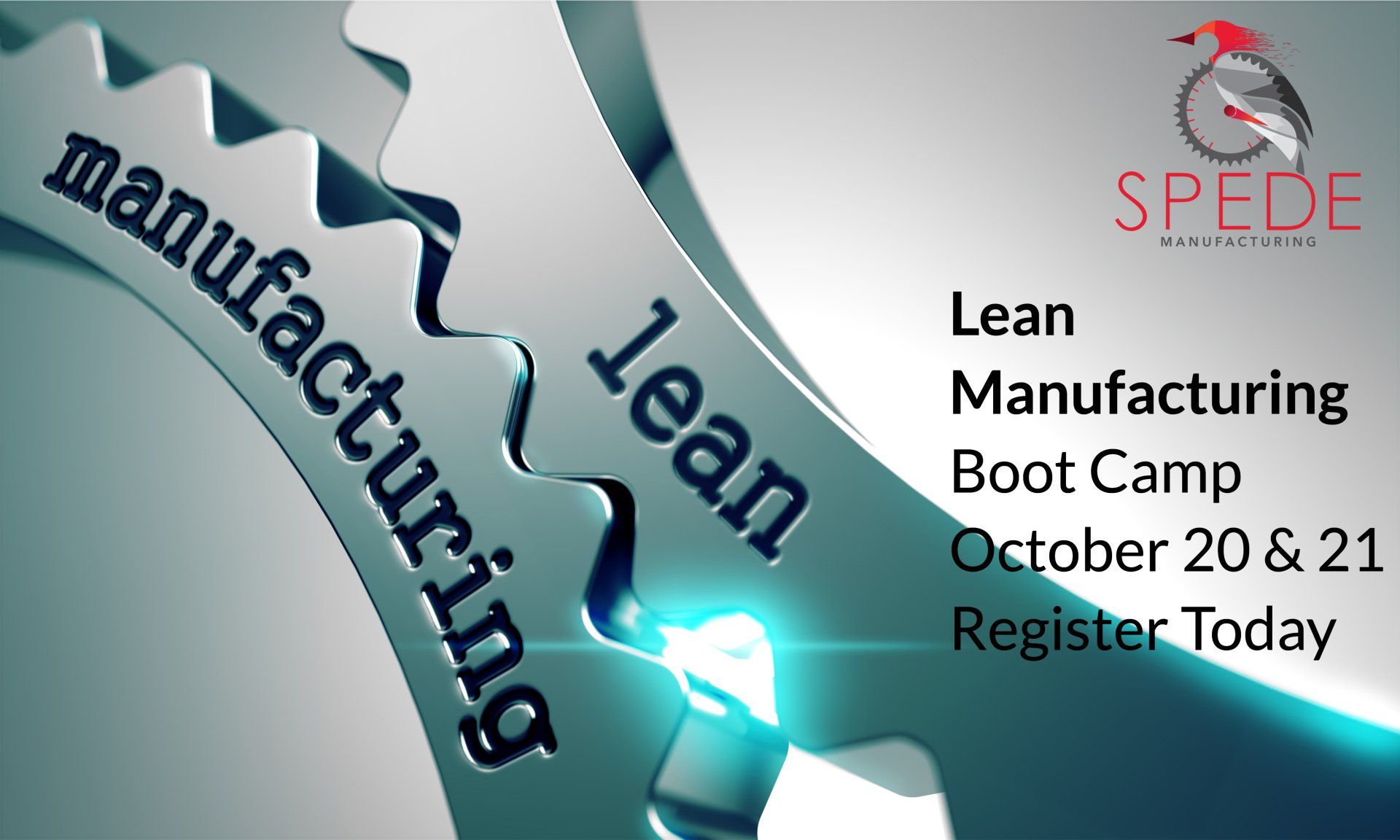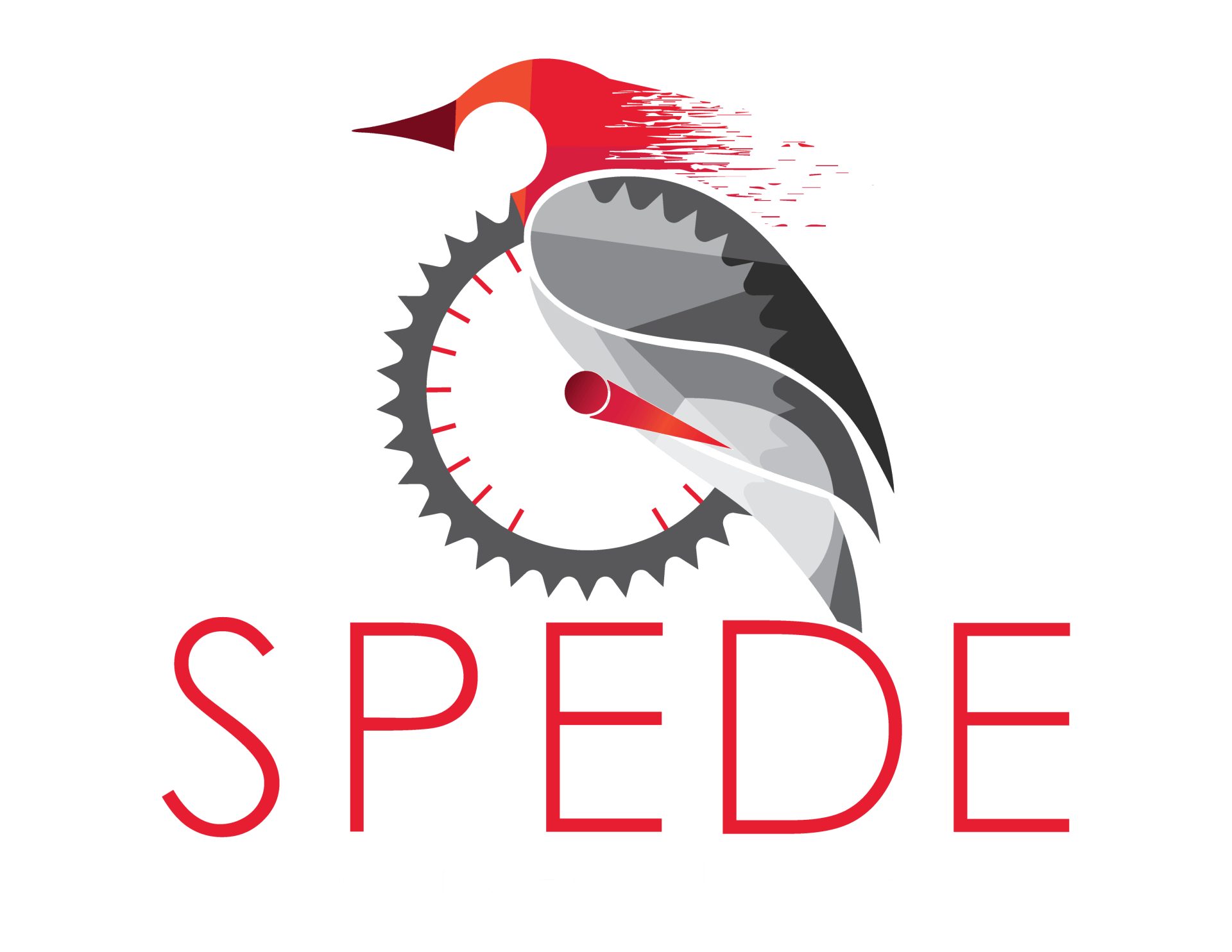A look at how NCS Solutions has applied lean strategies to their processes.
A look at how NCS Solutions has applied lean strategies to their processes.
Manufacturers will agree that Lean Manufacturing is key to making large scale improvements to manufacturing operations.
When you think of various types of manufacturing operations, church offering envelope manufacturing doesn’t necessarily come to mind. But offering envelope manufacturing has been around for a long time and NCS Solutions has been manufacturing offering envelopes for over 100 years. It takes sophisticated processes and equipment to produce envelopes at speeds of over 1000 envelopes per minute on a single machine. It also takes sophisticated data management systems to manage and provide the variable data needed to make these products.
Offering envelopes are an integral part of a church’s way to receive tithes and offerings from church members. The offering envelope not only delivers the contribution, but also the needed information for church records. This requires a manufacturing process that can efficiently manage large amounts of variable data including names, addresses, unique identifiers, and barcodes at very high speeds.
Church offering envelope companies have traditionally had the same process from company to company for many years. Advances in manufacturing equipment and computer systems have helped them gain incremental improvements over time…until now. NCS Solutions has been on a continuous improvement journey with SPEDE Manufacturing, and the key component to these improvements has been Lean Manufacturing.
Manufacturers will agree that Lean Manufacturing is key to making large scale improvements to manufacturing operations. Tools like 5S, Kanban, Quick Changeover, Kaizen and so on are all about one thing, waste elimination. Waste is anything that is not “value added” and “anything that your customer would not be willing to pay for”. By implementing improved processes using Lean Tools, a company can make incremental improvements that save time and money. But the real value of Lean Manufacturing is what happens when a company achieves Continuous Flow. That is the ultimate goal of Lean. All of these other tools (5S, Kanban, etc.) support the goal of achieving Continuous Flow.
Church offering envelope manufacturing has followed the same general “Batch Style” processes for decades. Batch manufacturing is when a process produces parts of a product in functional work areas and large batches of product move from step-to-step. This creates a lot of “Waste”. The chart below shows the “Batch” process that church offering envelope companies have used for many years. Factories arranged in functional areas create waste. Every time there is a break in the process, wastes accumulate costing companies time and money in the form of inventory, material handling, scrap, delays, and rework.
SPEDE Manufacturing set out transform NCS Solutions' process using Lean Manufacturing to create a Continuous Flow Process that has transformed their business. The goal was to create Continuous Flow from the front office all the way through product shipment. The chart below shows the improved manufacturing process.
The Road to Success
Anyone who tries to go from Batch Manufacturing to Lean Manufacturing will tell you that it is not easy. It takes years and there are a lot of struggles along the way from managing change to technology challenges to having the right people to guide the process. It takes time, investment, and perseverance. NCS Solution's journey.
Step 1 – Value Stream Mapping (identifying waste)
The first step was to create a Value Stream Map of the process. This is key to identifying Wastes and looking for ways to create Continuous Flow. A team was assembled, and the Current State Value Stream Map was created.
The biggest challenge to creating Continuous Flow was figuring out how to print all of the images, static data and variable data all at the same time to eliminate multiple process steps. This had not been done successfully in this industry to date. If this could be done, pre-press, collating and the secondary printing processes could all be eliminated enabling Continuous Flow. The team had to challenge “the way things had always been done”. The result has been nothing short of amazing.
NCS Solutions worked with Xerox Corporation and developed a printing process for envelopes that was truly something that had never been done before. Technical challenges with data and functionality had to be overcome. In the end, the result was so innovative, NCS Solutions obtained a provisional patent for the new process.
The organizational successes / improvement estimates in working with SPEDE Manufacturing for NCS Solutions:
- Labor Reduction 50%
- Floorspace Reduction 75%
- Lead Time Reduction 70%
- Inventory Reduction 90%
- Shift Reduction 50%





